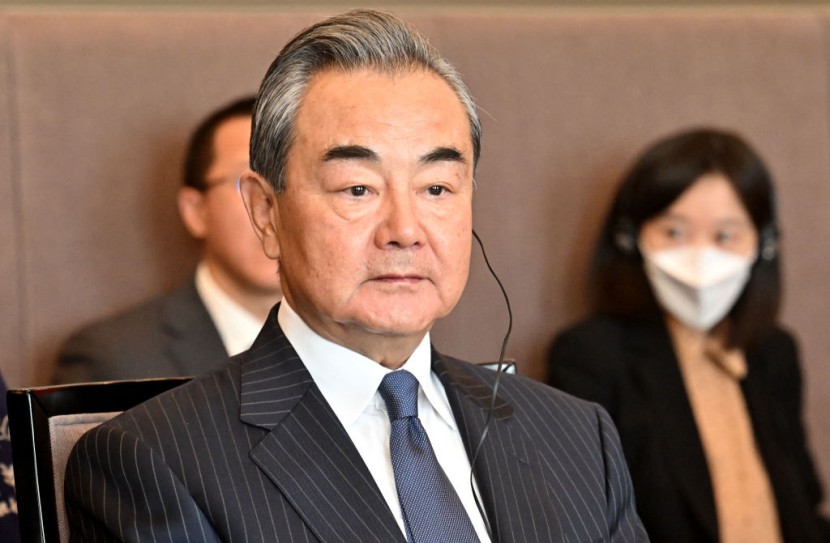China's diplomatic efforts in the Middle East have gained significant attention with the meeting held in Beijing on Monday.
The gathering brought together foreign ministers from several critical Middle Eastern nations, including Saudi Arabia, Egypt, Jordan, the Palestinian Authority, and Indonesia, as per Fox News.
China's Diplomatic Moves in the Middle East

The primary objective of this meeting was for China to exert its influence and contribute to resolving the Israel-Hamas conflict in Gaza. Chinese Foreign Minister Wang Yi welcomed the foreign diplomats, emphasizing the high level of trust these nations have placed in China.
Wang Yi underscored China's commitment to its role as a friend and brother to Arab and Islamic countries, emphasizing its consistent support for the legitimate rights and interests of these nations and the just cause of the Palestinian people.
During this diplomatic gathering, one significant development was the signing of a local currency exchange agreement between the Saudi Central Bank and the People's Bank of China (PBC). This agreement amounts to 26 billion Saudi riyals, equivalent to 50 billion yuan ($6.98 billion), and is set to be effective for three years, with the possibility of extension through mutual consent.
The currency swap agreement aims to enhance financial cooperation, promote the use of both currencies in trade and investment, and facilitate economic activities between the two countries. This agreement could serve as a model for other Middle Eastern nations, encouraging them to follow suit and further advance the use of the yuan in the region.
This move is a significant step towards promoting the yuan's internationalization, especially in the Middle East. It may enable Saudi Arabian enterprises to use the yuan more freely in international trade, reducing their dependence on the US dollar, the traditional choice for such transactions. This shift in currency usage could also have implications for bilateral energy trading, making it easier and more efficient, according to The News.
Yuan Rises as Saudi Arabia Shifts From Dollar
Historically, Saudi Arabia, a major global producer of petroleum energy, has conducted its international transactions in US dollars. However, with this currency swap agreement, there is potential for the yuan to become more prominent in bilateral crude oil exchanges.
The central bank of China has pledged to prudently advance the internationalization of the yuan, an objective that China has been actively pursuing. The ease of using the yuan as a medium of exchange is crucial to this effort.
The People's Bank of China is dedicated to leveraging currency swaps to support the growth of the offshore yuan market, ease trade and investment, and strengthen cooperation with other central banks in local currency settlement.
In addition to the currency swap agreement with Saudi Arabia, China has also pursued similar agreements with other countries. It has signed numerous currency swap agreements worldwide, highlighting its commitment to expanding the global reach of the yuan. These efforts align with China's broader strategy to reduce reliance on the US dollar and establish the yuan as a more prominent international currency.
While the currency swap agreement between China and Saudi Arabia may appear relatively small in monetary terms, its significance lies in its potential to symbolize a shift away from the US dollar, especially in the global oil trade. As China continues to strengthen its economic ties with countries in the Middle East and beyond, the yuan's internationalization is likely to gain further momentum, reshaping the landscape of international finance and trade, Insider reported.
© 2026 HNGN, All rights reserved. Do not reproduce without permission.








